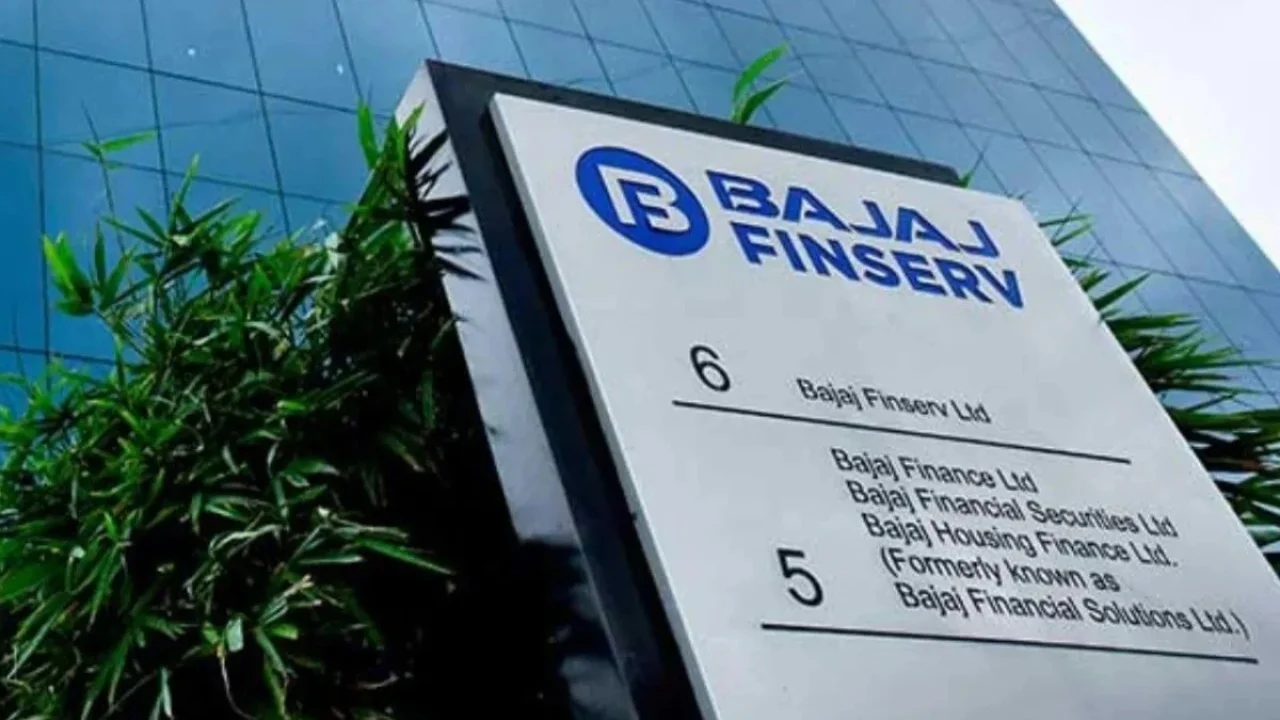Bajaj Finance received GST demand notice from the Joint Commissioner of Central Tax in Pune, amounting to a staggering ₹341.28 crore. The notice pertains to upfront interest collected from customers, which authorities have classified as a service fee subject to GST. Along with the principal amount, claims for ₹180.59 crore in interest liabilities and an equal amount in penalties bring the total potential liability to around ₹850 crore.
The GST demand covers the period from July 2017 to March 2024. Bajaj Finance has announced plans to appeal the notice, stating that the demand is not justified based on expert tax opinions. The company is currently working on a detailed response to contest the claims and substantiate its position against the allegations made by the tax authorities.
Bajaj Finance received GST demand notice with a response timeline of 30 days. This period is standard for show cause notices issued under GST regulations and allows the company to challenge the claims. The company is expected to present its case within the stipulated time to refute the alleged tax liabilities for the specified period.
The issuance of GST demand notices has become increasingly common, with around 33,000 notices being sent to various businesses recently. Bajaj Finance is among several large corporations facing such scrutiny, joining the ranks of companies like Eicher Motors and Nestle India. This trend highlights a growing focus on tax compliance by authorities across industries.
The surge in GST scrutiny is driven by automated processes and advanced technology implemented by tax authorities. These systems detect discrepancies in GST returns and automatically generate notices when mismatches are identified. This has led to an increase in the number of companies receiving notices, including Bajaj Finance, which has now been drawn into the spotlight.
Bajaj Finance received GST demand as part of a broader trend of intensified tax scrutiny. Authorities are also constrained by deadlines to address discrepancies from earlier fiscal years, particularly 2018-19 and 2019-20. The government has extended deadlines for specific fiscal years to ensure compliance and recover potential tax liabilities, amplifying the urgency for companies to respond.
Post-pandemic adjustments have further fueled the increased focus on tax compliance. After a period of relaxations during the pandemic, authorities are now ramping up efforts to recover dues and ensure adherence to regulations. Bajaj Finance received GST demand amidst this wave of intensified scrutiny, underscoring the growing challenges faced by large corporations.
The current environment has forced companies like Bajaj Finance to allocate significant resources to address these notices and clarify their positions. The GST demand highlights the need for meticulous financial practices and proactive measures to manage compliance risks. As scrutiny continues to rise, businesses must remain vigilant in maintaining accurate records to avoid similar issues.
Bajaj Finance received GST demand notice in a context where authorities are leveraging technology to streamline processes and enhance enforcement. This development reflects a broader push for transparency and accountability within the tax framework. For Bajaj Finance, the notice represents a significant challenge but also an opportunity to advocate for clarity in tax interpretations and policies.
The case of Bajaj Finance received GST demand illustrates the complexities of navigating India’s evolving tax landscape. With the company preparing to contest the notice, it remains to be seen how the matter will unfold. This situation serves as a reminder of the importance of compliance and the heightened scrutiny businesses now face in the post-pandemic era.
